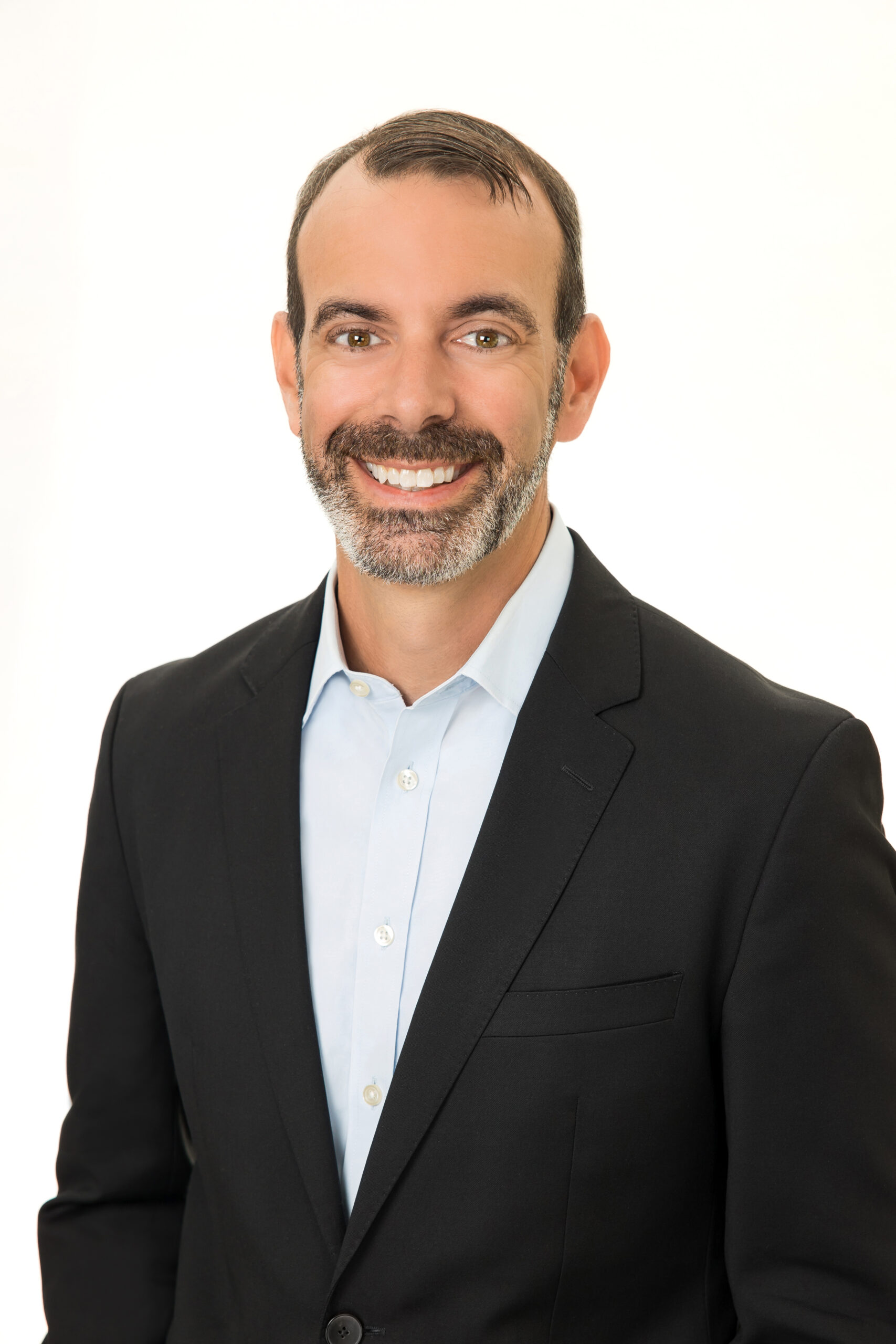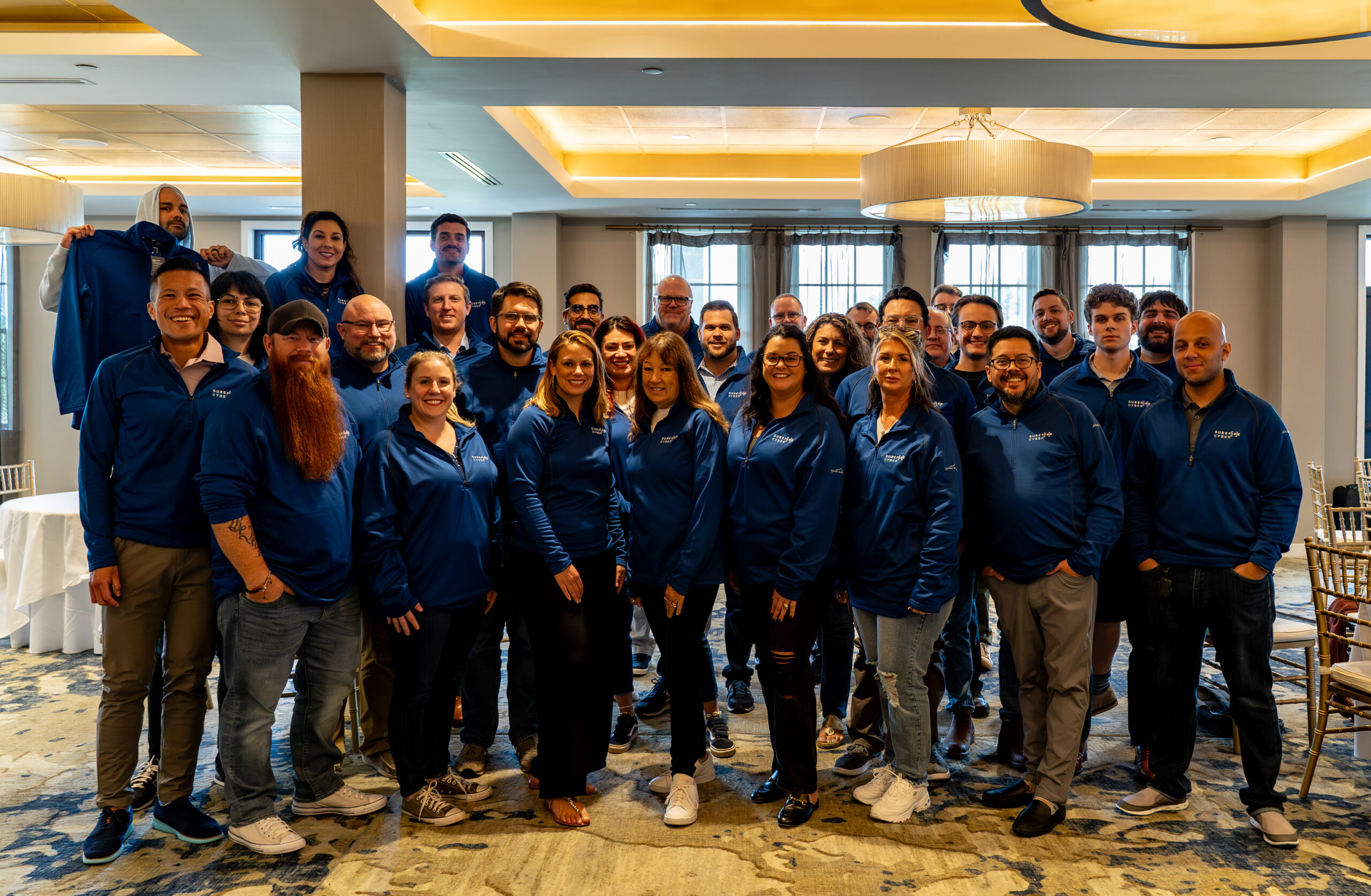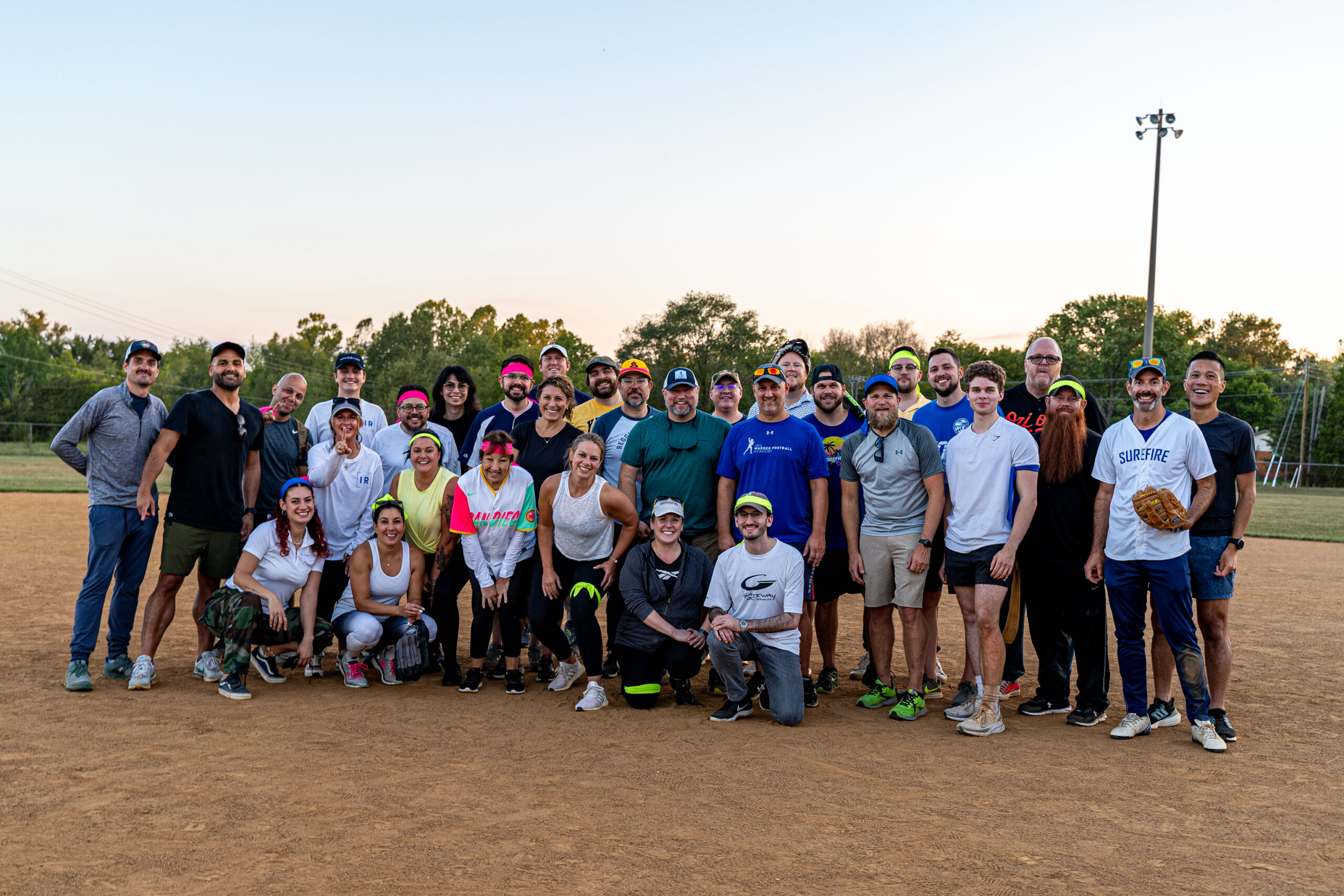A Call to Redefine Incident Response Billy Gouveia on Recovery and Resilience
Billy Gouveia envisioned a new model for incident response. Today, his company Surefire Cyber is combining automation, new technology, and a hands-on approach to help companies recover from cyber incidents.

“It’s not enough to have a great idea and a great team. That’s table stakes. You also need the right market vision and support to help you grow.”
 Billy Gouveia CEO, Surefire Cyber
Billy Gouveia CEO, Surefire Cyber
“It’s not enough to have a great idea and a great team. That’s table stakes. You also need the right market vision and support to help you grow.”
 Billy Gouveia CEO, Surefire Cyber
Billy Gouveia CEO, Surefire Cyber

“When you build a business on a time and materials basis, you're conditioned to make money by the hour through a services model supporting that. You can become disincentivized to take leverage technological efficiencies.”

“I always remind myself to keep the mission clear and do everything I can to take care of the people who invested in working with me. It's about staying humble, hungry, and focused on the mission.”
 Billy Gouveia CEO, Surefire Cyber
Billy Gouveia CEO, Surefire Cyber